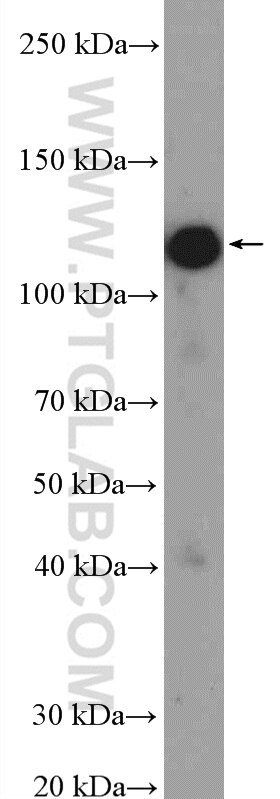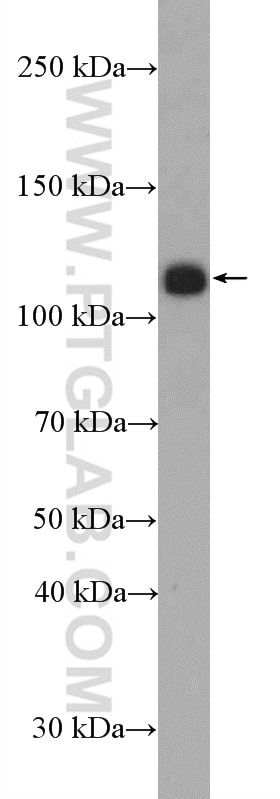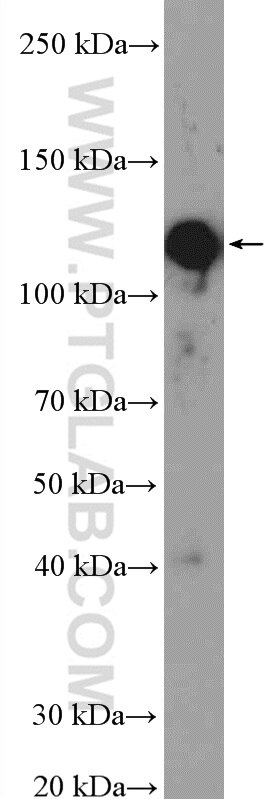Anticorps Polyclonal de lapin anti-PHF15
PHF15 Polyclonal Antibody for WB, ELISA
Hôte / Isotype
Lapin / IgG
Réactivité testée
canin, Humain
Applications
WB, IHC, IF, ELISA
Conjugaison
Non conjugué
N° de cat : 11513-1-AP
Synonymes
Galerie de données de validation
Applications testées
| Résultats positifs en WB | cellules MDCK, |
Dilution recommandée
| Application | Dilution |
|---|---|
| Western Blot (WB) | WB : 1:1000-1:4000 |
| It is recommended that this reagent should be titrated in each testing system to obtain optimal results. | |
| Sample-dependent, check data in validation data gallery | |
Applications publiées
| WB | See 1 publications below |
| IHC | See 1 publications below |
| IF | See 1 publications below |
Informations sur le produit
11513-1-AP cible PHF15 dans les applications de WB, IHC, IF, ELISA et montre une réactivité avec des échantillons canin, Humain
| Réactivité | canin, Humain |
| Réactivité citée | Humain |
| Hôte / Isotype | Lapin / IgG |
| Clonalité | Polyclonal |
| Type | Anticorps |
| Immunogène | PHF15 Protéine recombinante Ag2073 |
| Nom complet | PHD finger protein 15 |
| Masse moléculaire calculée | 791 aa, 88 kDa |
| Poids moléculaire observé | 110-120 kDa |
| Numéro d’acquisition GenBank | BC021962 |
| Symbole du gène | PHF15 |
| Identification du gène (NCBI) | 23338 |
| Conjugaison | Non conjugué |
| Forme | Liquide |
| Méthode de purification | Purification par affinité contre l'antigène |
| Tampon de stockage | PBS with 0.02% sodium azide and 50% glycerol |
| Conditions de stockage | Stocker à -20°C. Stable pendant un an après l'expédition. L'aliquotage n'est pas nécessaire pour le stockage à -20oC Les 20ul contiennent 0,1% de BSA. |
Protocole
| Product Specific Protocols | |
|---|---|
| WB protocol for PHF15 antibody 11513-1-AP | Download protocol |
| Standard Protocols | |
|---|---|
| Click here to view our Standard Protocols |
Publications
| Species | Application | Title |
|---|---|---|
Signal Transduct Target Ther Poly(I:C) preconditioning protects the heart against myocardial ischemia/reperfusion injury through TLR3/PI3K/Akt-dependent pathway. | ||
J Biol Chem Lysine demethylase KDM1A promotes cell growth via FKBP8-BCL2 axis in hepatocellular carcinoma |




